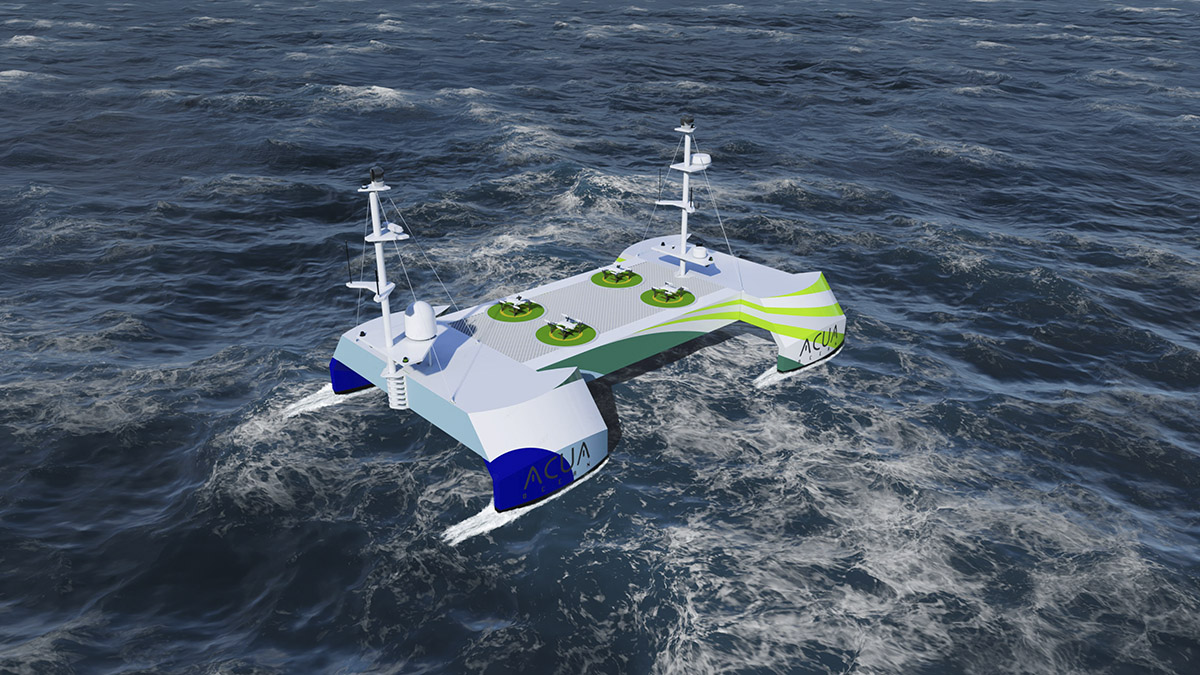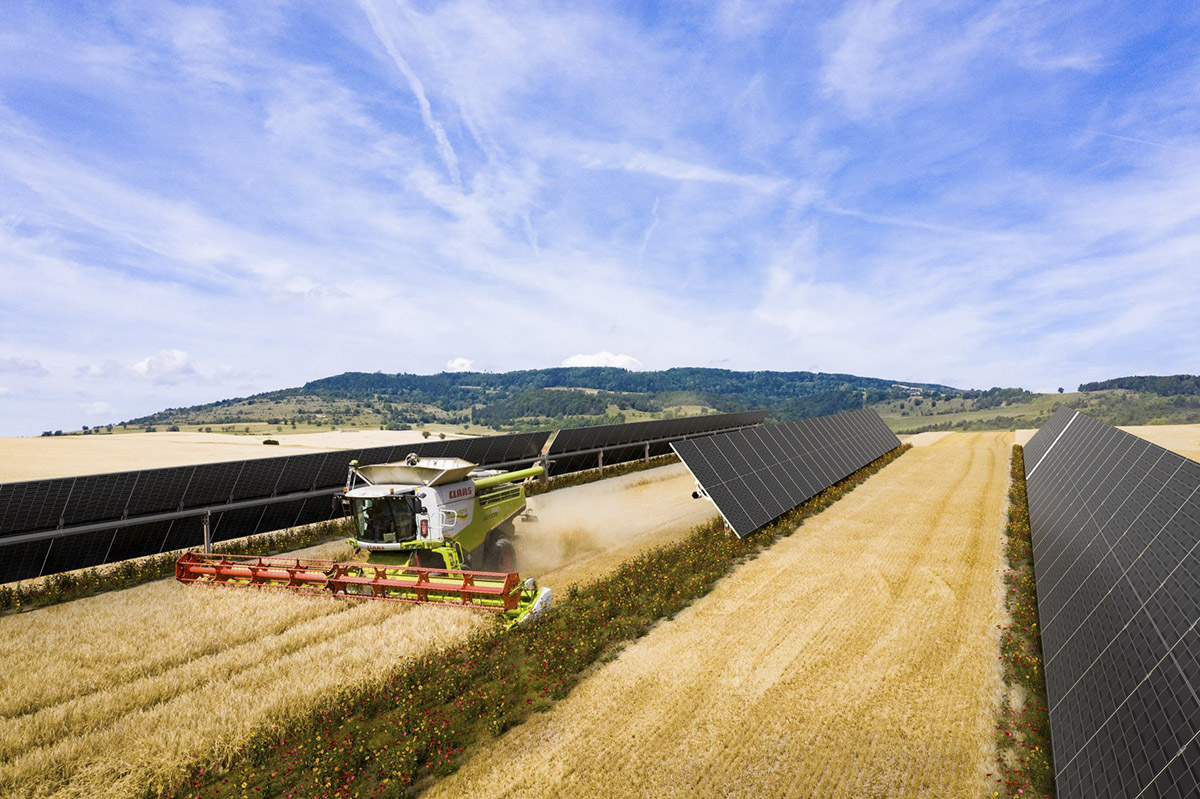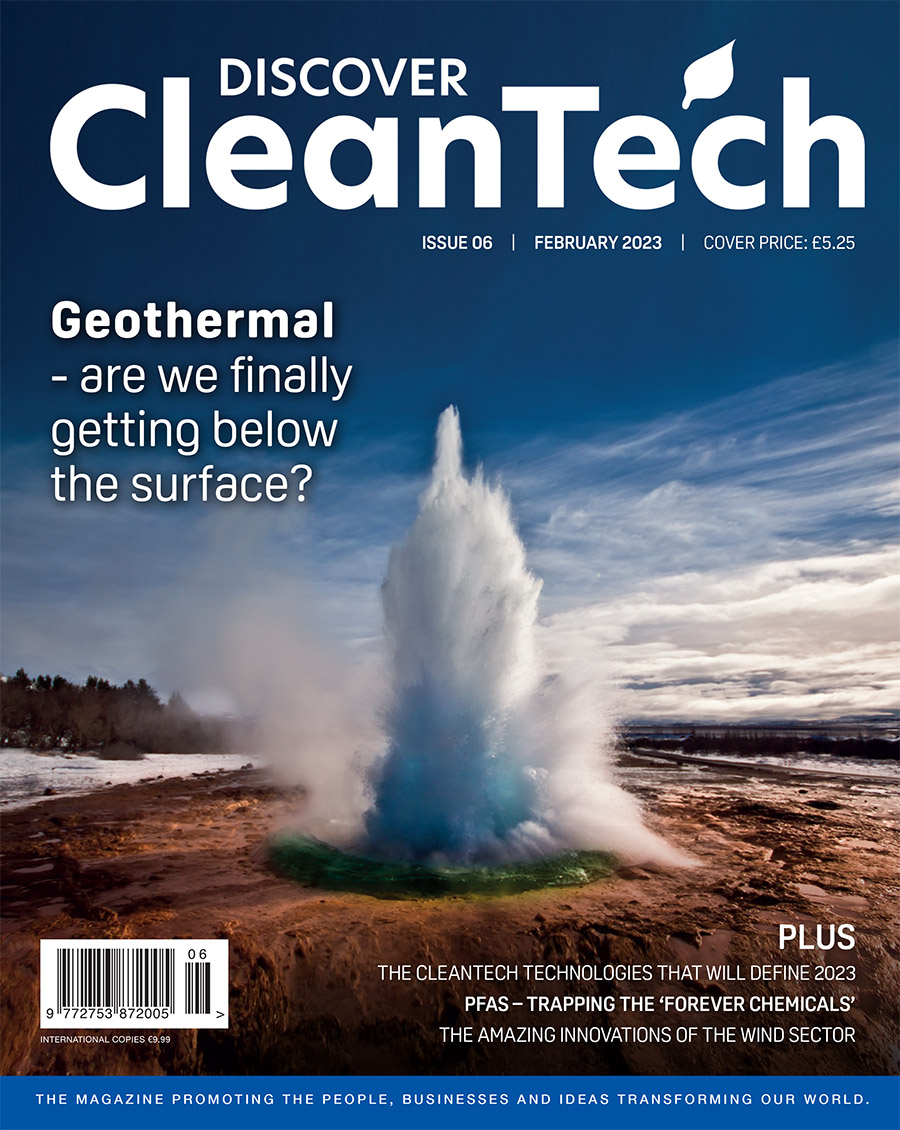Greenland Business Association (Grønlands Erhverv/Sulisitsisut): Taking care of Greenland’s business
Text: Louise Older Steffensen | Photos: Jørgen Chemintz
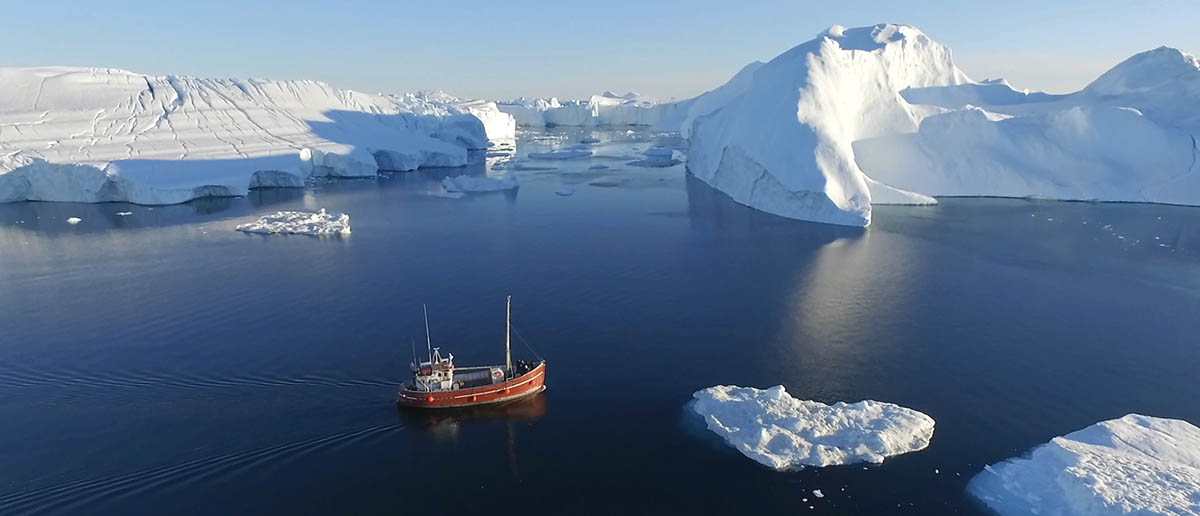
Greenland Business Association (Grønlands Erhverv/Sulisitsisut) has been taking care of business since 1966. Connecting companies, professionals and politicians inside and outside Greenland, it represents companies responsible for approximately 80 per cent of the country’s total business turnover. “Greenland is undergoing a lot of exciting change and opening up to global business,” says Brian Buus Pedersen, general manager of Greenland Business Association. “There’s a lot of potential up here, and we look forward to what the future brings.”
“Things are changing – societally, economically and geographically. The mining industry is in exponential growth. Tourism is – outside of the dip as a result of the coronavirus – rapidly on the rise, and Greenland’s infrastructure is already being improved to support this growth with initiatives like two new international airports in Nuuk and Ilulissat expected to open in 2023,” Buus Pedersen says.
The population pattern looks set to be heavily impacted by urbanisation. “Young people are moving to the cities, mainly Nuuk, to study, but overall, they aren’t returning to their places of origin anymore. They settle to live and work in the cities, which necessitates some big-scale thinking from the politicians’ side in areas such as education, health and social welfare. And then there’s the climate, of course, which brings with it its own set of changes for business on Greenland. These developments cause disruption, but that disruption also brings with it incredible opportunities for development, growth and new thinking.”
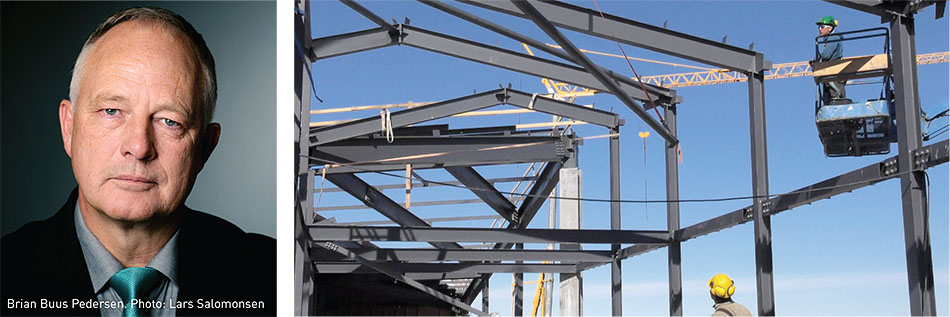
Making connections
“Greenland’s businesses will be vital in providing the jobs and the economic growth we’ll need to accommodate these developments, and at Greenland Business Association, we are doing everything we can to provide long-term solutions and support for corporations and businesses, which will help Greenlandic society long-term too,” Buus Pedersen continues. At the moment, 62 per cent of the association’s members are facing a shortage of workers, a long-term problem that has led Greenland Business Association to build a close partnership with the nation’s teachers’ association. “We’re working to change the state school system,” Buus Pedersen explains. “One of the main reasons that we’re facing a shortage of qualified workforce is the level of Greenland’s ‘folkeskole’: currently, almost 70 per cent of pupils leave school with at least one mark preventing them from entering higher education. Clearly, that needs changing.”
As part of their efforts to rally the future workforce of Greenland, the association connects schoolchildren and businesses, giving students the chance to see for themselves what opportunities are out there for them. “We love these kinds of initiatives. With a population of 56,000 people, it’s vital that we rally together. It is thoroughly encouraging to see that the efforts we’re making are already making a difference: close working relationships such as these can lead to sustainable, long-term change. We’re a very small, close-knit community here in Greenland, which means that improvements started by just a few people can have a quick, far-reaching impact.”
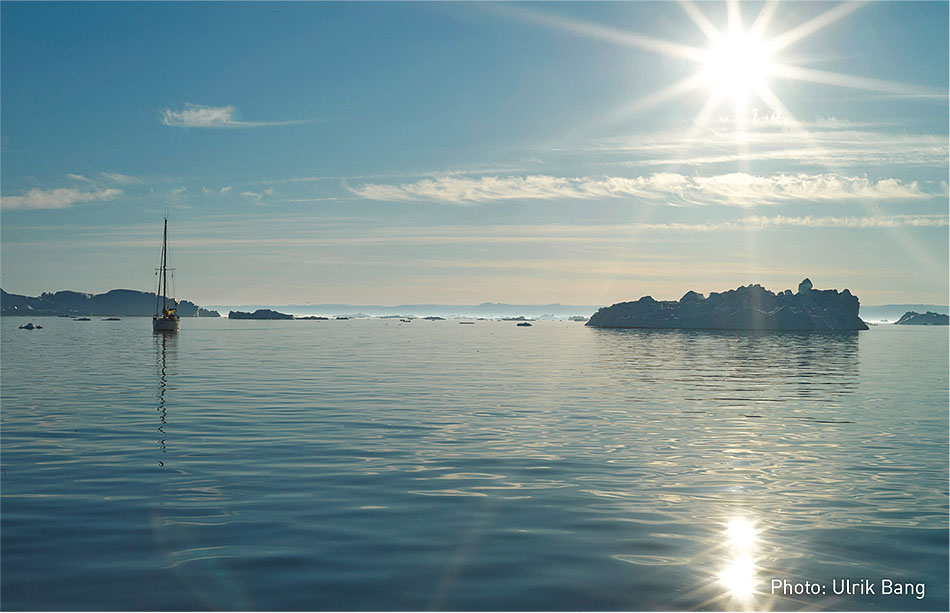
Photo: Ulrik Bang
Greenland in a sustainable, global world
The association consists of four separate departments, which nurture and support different aspects of Greenland’s corporate life: an employers’ organisation, a service organisation, an interest group and a development group. Its members consist of everything from one-person sole proprietorships to large, international corporations and come from all types of industries. “It’s crucial that we keep on top of everything that moves in Greenland as well as in the outside world, and that we’re able to support both new, small-scale start-ups and the big, traditional powerhouses of Greenland’s economy,” says Buus Pedersen.
The fishing industry continues to dominate Greenland’s economy, making crucial contributions to Greenlandic society in terms of both employment and tolls and taxes. Spearheaded by the seafood giants Royal Greenland and Polar Seafood, the seafood industry has been at the forefront of innovation and modernisation, and Greenland now has the most advanced trawler fleet in the world. All fishing that takes place around Greenland is traceable and sustainably sourced, and all Greenlandic seafood is MSC-certified. The world’s largest island is also the world’s biggest exporter of cold-water prawns, serving the UK and the rest of Europe as well as China and Japan, helping to open up Greenland to the rest of the world.
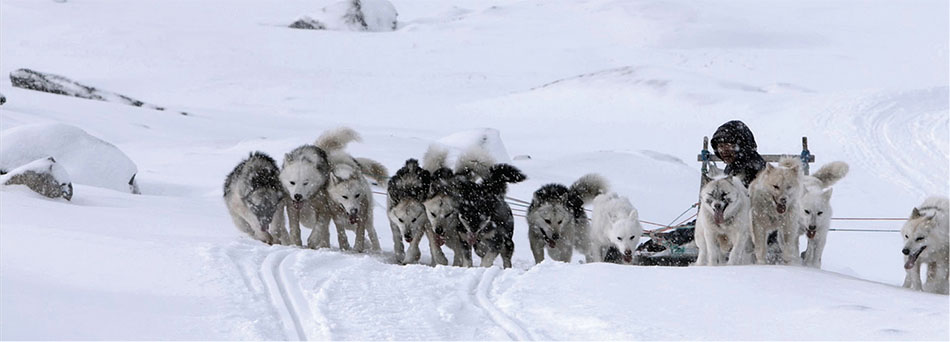
Of course, Greenland Business Association has close ties to Denmark’s political landscape and business world, too. Its partners include Dansk Byggeri, Dansk Erhverv and Dansk Industri, and it maintains a running dialogue with Greenland’s two members of parliament as well as relevant Danish politicians. “Our members are not only able to take advantage of our business network abroad and here on Greenland; through their membership, they also get to actively contribute to and influence the positive development of Greenlandic society over the next ten, 20 and 50 years. We’ll assist our members in small, practical matters as well as the big things, such as legal enquiries and financial planning,” Buus Pedersen explains.
“We’re working to make the future of Greenland the best it can possibly be, and part of that is being open for business in this global world of ours – while protecting the beautiful, unique island we have up here. Anyone or any organisation with an interest in making this happen is more than welcome to contact us, inside or outside of Greenland.”
www.futuregreenland.gl Facebook: sulisitsisut Twitter: @brianbuus
Subscribe to Our Newsletter
Receive our monthly newsletter by email

